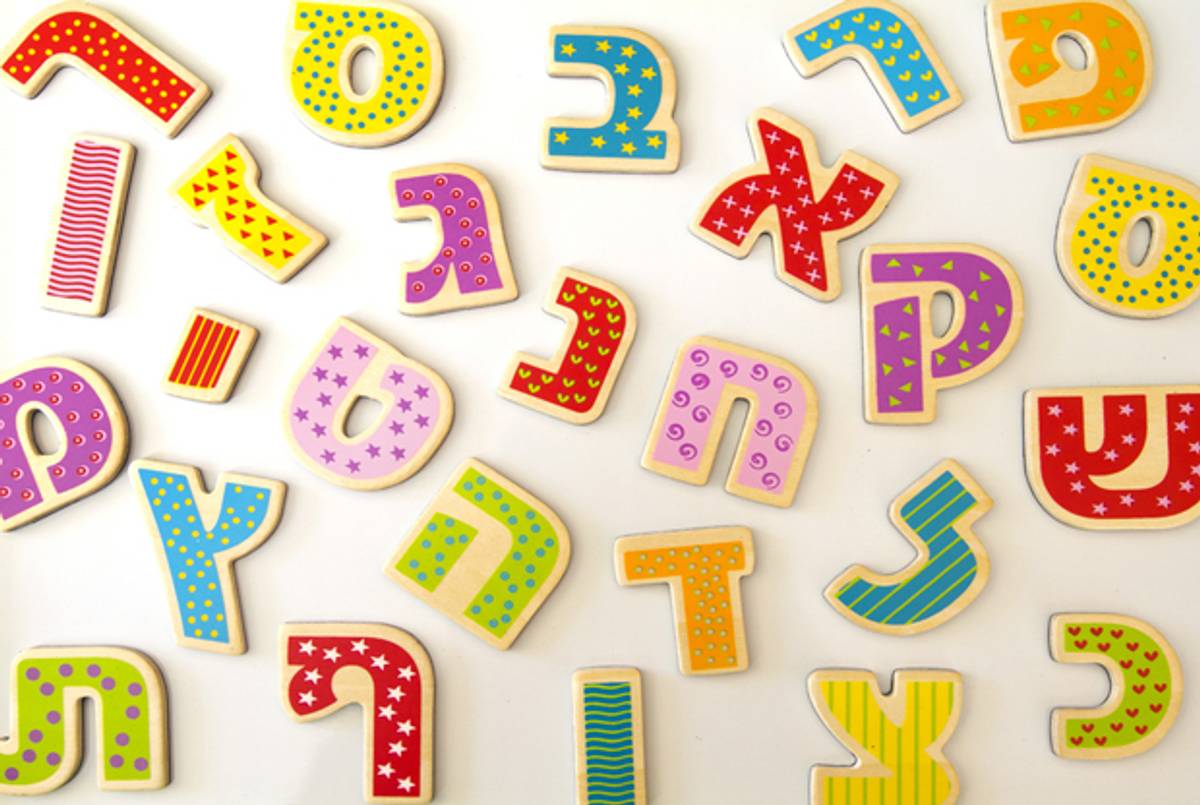
So, the Jewish parenting site Kveller has made me cry twice in the last two weeks. And this has nothing to do with Mayim Bialik’s perspective on vaccines or baby formula!
Kveller has partnered with the Ruderman Family Foundation, which works for greater inclusion of people with disabilities in the Jewish community. Ruderman is offering financial support and guidance for Kveller’s coverage of disability-related topics for a year. Kveller will be doing two articles a week, one focused on the bar or bat mitzvah experience and one on general topics related to Jews and disability. The collaboration started at the beginning of February, which is not-so-coincidentally Jewish Disabilities Awareness Month.
The first piece that made me cry was called What I Learned While Planning a Bat Mitzvah for My Daughter With Disabilities. It’s by Cindy Kaplan, and every parent—indeed, every Jew—should read it. How can a nonverbal child with cognitive delays and physical challenges celebrate this event? How to mark this milestone when it’s not clear precisely what it will mean to the child in question? Kaplan’s answer is gorgeous. The day is about celebration of the experience as it is, not a Platonic ideal.
What I know for certain is that when Mira touches a picture representing a blessing recorded on her iPad, and the familiar voice of her teacher brings it to life, her inner light illuminates her being from head to toe, her mouth alternating from smiles and happy squeals to concentrated mouth and tongue. Her body and soul fill with connection, joy, and confidence, as she rocks out in her wheelchair to the Shema and Mah Tovu prayers. She trembles with excitement and love of her Judaism. What more could we, as her parents, wish for, than a daughter who derives such pleasure from the Judaism that belongs to her and has only been made accessible by an organization of people that believes at its core that every Jewish child deserves a Jewish education?
You’re a little teary too, right?
My own family left the first synagogue we joined because we felt unwelcome bringing a baby to Shabbat services (we got narrow-eyed old-lady hissy faces if Josie so much as clucked) and no one welcomed us to the cliquey family service. I can only imagine how much less welcoming the shul would have felt to a family who had an older child with special needs. In our current shul, however, such families are welcome, and the general vibe is infinitely more inclusive. Embracing difference benefits all Jews, not just Jews with disabilities.
The second piece I loved was by Lisa Nuland, about planning b’nai mitzvah for her two sons—one with hearing loss and processing issues and one with developmental delays. She muses about being flexible, realizing that one size does not fit all children (useful advice for any parent of more than one child), and finding ways to create meaningful rituals without a blueprint.
Inclusiveness is hugely important to me personally—this a civil rights issue, and parents who kvetch about the impact of children with special needs on their own precious snowflake’s educational experience make me want to smack them upside the head. As a people, we need to be about g’milut chasadim—kindness and mutual support—as much as we’re about math achievement or being able to hammer out a long Torah portion.
So bring it, Kveller. I’ll be reading.
Previous: Special-Needs Kids Ride the Waves With a Pro
Related: Love Syndrome: Israel Story, Episode 2
In With the In Crowd
Marjorie Ingall is a former columnist for Tablet, the author of Mamaleh Knows Best, and a frequent contributor to the New York Times Book Review.